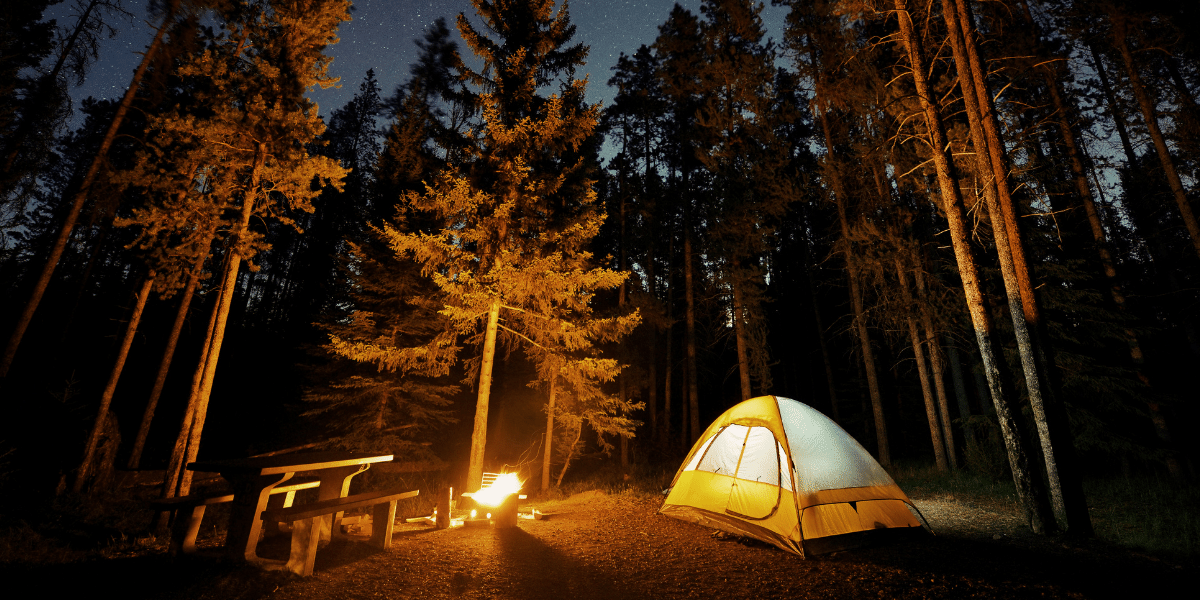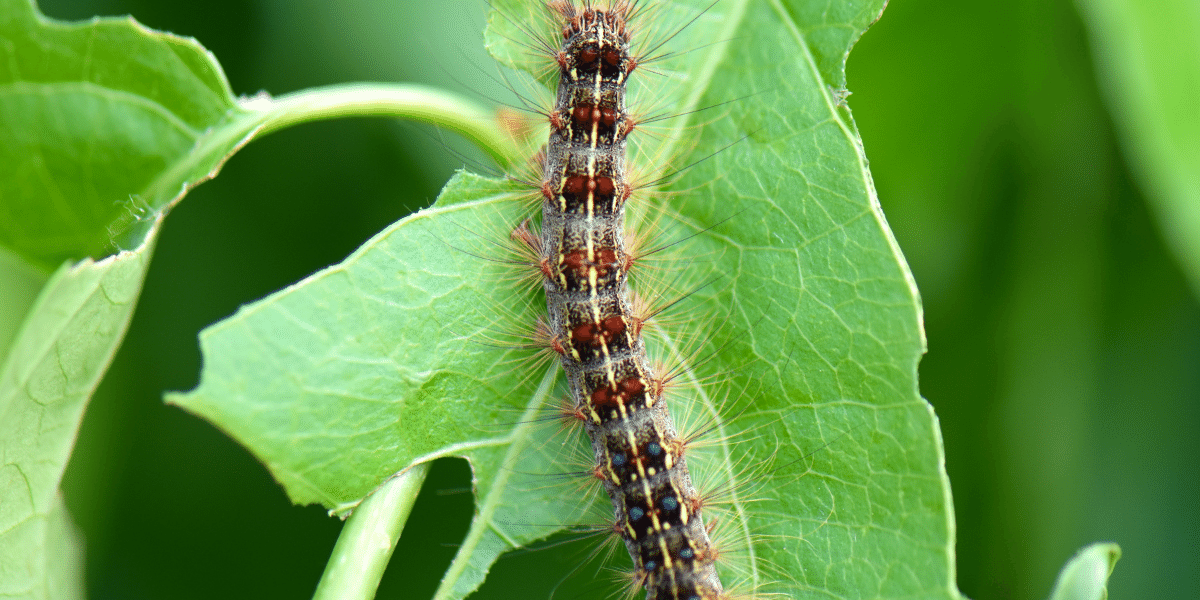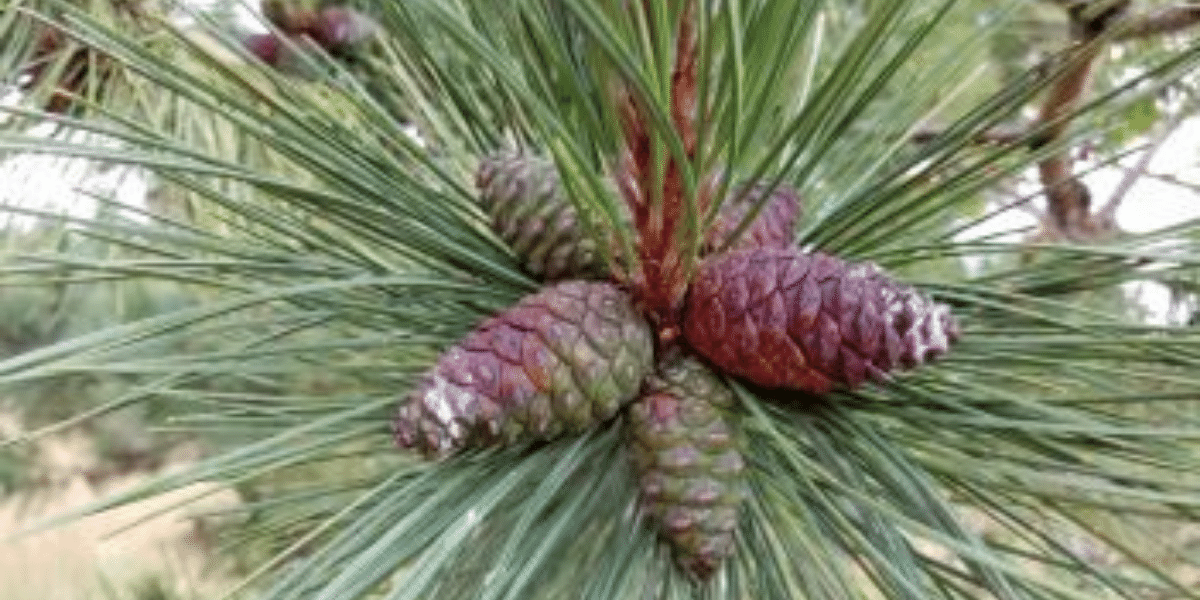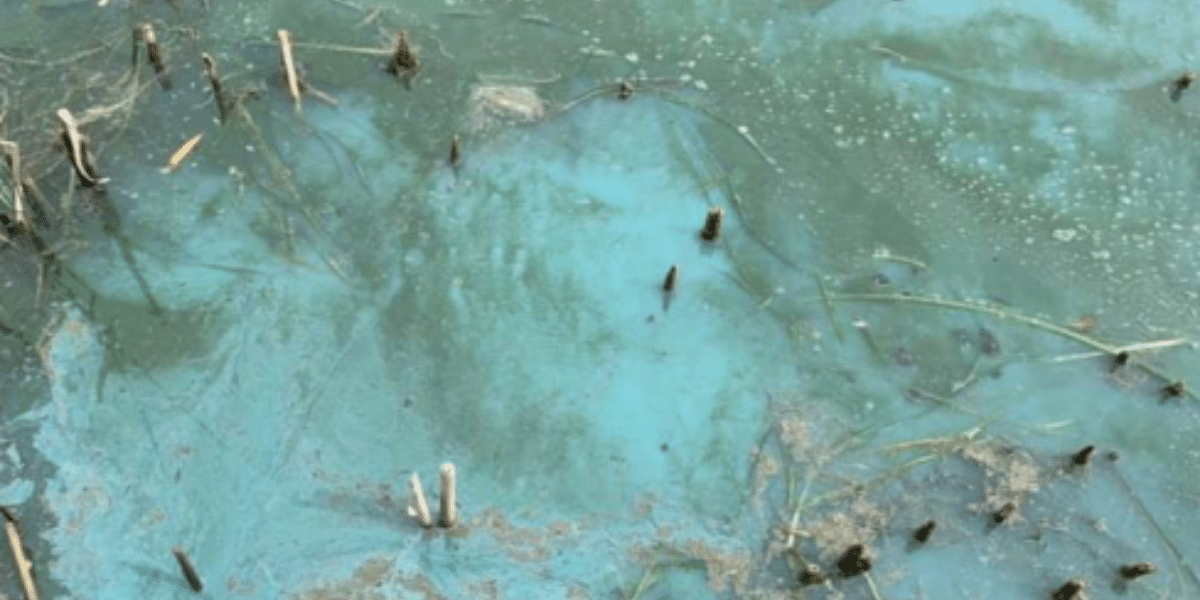New “Notify Me” Feature Helps Campers Find Sites at State Parks
Going camping is a great way to get away from it all and unplug. Finding a campsite, on the other hand, relies heavily on technology, and being tech-savvy is often the only way to get a prime spot on a summer weekend.
The Michigan Department of Natural Resources has embraced technology and is now offering the “Notify Me” option for campers looking for a site at a state campground.
The new “Notify Me” feature is for use when campgrounds are full and there is no availability during the desired timeframe in the selected location. It allows prospective campers to choose a campground and dates and choose to get notified when a spot opens up.
Once the “Notify Me” option is chosen, users will receive alerts when sites become available and will be able to then make a reservation at the newly open campsite. The program helps the DNR and also makes for happy campers who get their desired campsite.
The service is available for campsites, overnight lodging facilities, and shelters at state park campgrounds.
A link to the reservation website:
https://midnrreservations.com/
Reporting for WGRT – Jennie McClelland






